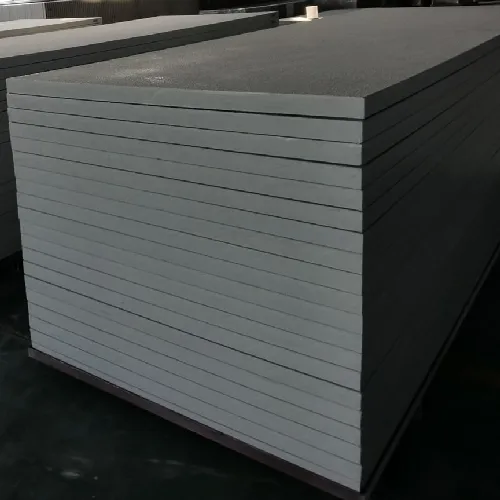loading...
- No. 9, Xingyuan South Street, Dongwaihuan Road, Zaoqiang County, Hengshui, Hebei, China
- admin@zjcomposites.com
- +86 15097380338
- Welcome to visit our website!
fiberglass tank
The Versatility and Benefits of Fiberglass Tanks
Fiberglass tanks have emerged as a popular choice across various industries due to their durability, lightweight nature, and resistance to corrosion. Constructed from a composite material that combines glass fibers with resin, these tanks offer an array of advantages over traditional materials like steel or plastic.
One of the most significant benefits of fiberglass tanks is their resistance to corrosion. Unlike metal tanks, which can rust and degrade over time when exposed to water, chemicals, or harsh weather conditions, fiberglass maintains its integrity, ensuring a longer lifespan. This characteristic is particularly essential in industries such as chemical processing, wastewater treatment, and agriculture, where tanks often come into contact with aggressive substances that can damage other materials.
In addition to their corrosion resistance, fiberglass tanks are lightweight and easy to transport. This feature is beneficial for both installation and maintenance, allowing for reduced labor costs and quicker assembly compared to heavier alternatives. The lightweight nature of fiberglass also facilitates shipping, making it an efficient option for companies needing to move tanks to different locations or sites.
Another advantage of fiberglass tanks is their flexibility in design. They can be molded into various shapes and sizes to fit specific needs, allowing for customization based on the application. Whether for storing water, chemicals, or even agricultural products, fiberglass tanks can be designed to meet precise specifications, enhancing their functionality and efficiency.
fiberglass tank

Fiberglass tanks also boast excellent insulation properties, helping to maintain temperature stability for sensitive materials. This is particularly important in industries such as food and beverage, where the quality of stored products can be affected by temperature variations. The ability to keep contents at a regulated temperature helps ensure product safety and integrity.
Moreover, the maintenance requirements for fiberglass tanks are minimal. They are less prone to leaks and do not require regular painting or coating, which not only saves time but also reduces overall operational costs.
The environmental impact of fiberglass tanks should not be overlooked either. Many manufacturers produce these tanks using sustainable practices, and their long life cycle means fewer replacements and less waste in landfills.
In conclusion, fiberglass tanks represent a superior solution for various storage needs across many industries. Their combination of durability, lightweight construction, resistance to corrosion, design flexibility, temperature stability, minimal maintenance, and lower environmental impact makes them an attractive choice for businesses seeking reliable and efficient storage solutions. As industries continue to evolve, fiberglass tanks will undoubtedly play a crucial role in meeting the growing demand for sustainable and effective storage options.
-
Transform Your Spaces with FRP Grating SolutionsNewsNov.04,2024
-
The Versatility and Strength of FRP RodsNewsNov.04,2024
-
The Excellence of Fiberglass Water TanksNewsNov.04,2024
-
The Benefits of FRP Grating for Your ProjectsNewsNov.04,2024
-
Elevate Your Efficiency with FRP Pressure VesselsNewsNov.04,2024
-
Welcome to the World of FRP Pressure VesselsNewsOct.12,2024
-
Unveiling the Future of Filtration: Why FRP Filter Vessels are a Game ChangerNewsOct.12,2024
